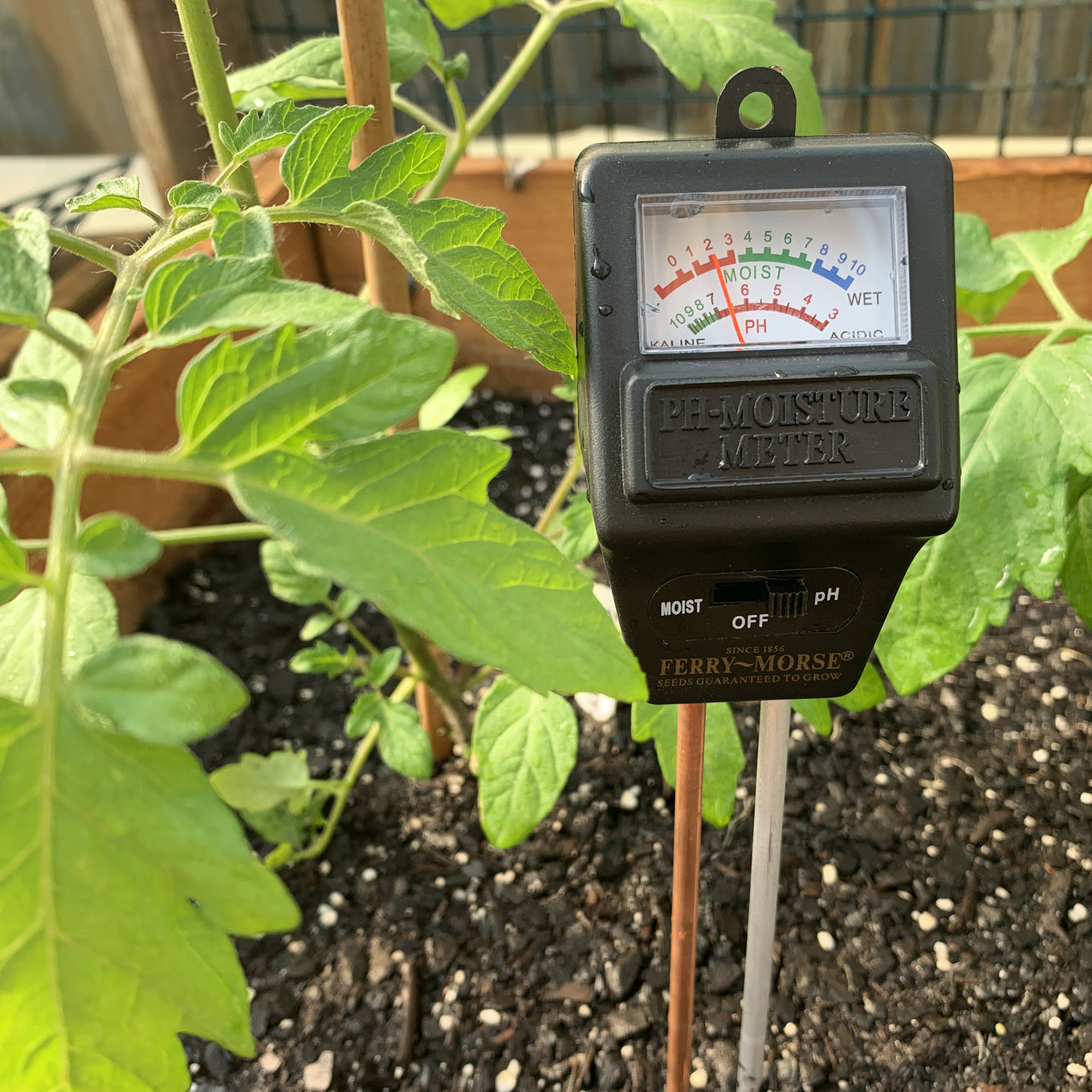Moisture Meter Purchasing Guide: What to Try to find in High-Quality Instruments
Moisture Meter Purchasing Guide: What to Try to find in High-Quality Instruments
Blog Article
The Ultimate Overview to Moisture Meters: A Comprehensive Overview and Just How They Can Save You Money
In the realm of building upkeep, construction, and numerous sectors, the significance of accurately measuring dampness degrees can not be overemphasized. Dampness meters serve as vital devices in identifying and monitoring moisture web content in products, helping in protecting against costly problems and making sure the quality of products. Comprehending the nuances of different sorts of moisture meters, their applications, and the prospective cost-saving advantages they provide can be a game-changer for experts and services alike. Finding exactly how these devices can not only streamline procedures yet additionally contribute to monetary cost savings is a journey worth starting.
Kinds of Moisture Meters
One usual kind is the pin-type wetness meter, which measures the electric resistance between 2 pins placed right into a product. Pinless wetness meters, on the other hand, use electro-magnetic sensing unit plates to scan a bigger location without causing damage to the product's surface.
In addition, there are likewise specialized moisture meters designed for certain materials like grain, hay, or dirt. These meters supply accurate dampness readings customized to the one-of-a-kind buildings of the product being checked. Infrared dampness meters determine the thermal buildings of a material to determine its wetness web content non-invasively, making them useful for applications where pin or pinless meters may not appropriate. Recognizing the various types of wetness meters offered can help markets select one of the most ideal tool for their particular wetness dimension needs.

Benefits of Utilizing Moisture Meters

In addition, using dampness meters can lead to raised energy effectiveness. By identifying areas with high wetness degrees, such as leakages or inadequate insulation, modifications can be made to improve power conservation and decrease utility expenses. In farming settings, dampness meters play a critical function in enhancing crop yields by enabling farmers to monitor dirt moisture degrees and make educated watering decisions. In general, the advantages of utilizing wetness meters span across numerous sectors, offering affordable solutions and promoting better quality control methods.
How to Pick the Right Moisture Meter
Choosing the proper moisture meter entails considering crucial factors such as product compatibility, measurement variety, and calibration precision. When picking a wetness meter, it's important to make certain that the meter is suitable for the details material you will certainly be screening. Various products have differing electric properties that can affect moisture readings, so choosing a meter made for your material is vital for precise results. In addition, consider the measurement series of the dampness meter. Ensure that the meter can spot moisture degrees within the array required for your applications. Calibration precision is an additional crucial aspect to remember (Moisture Meter). Choose a wetness meter with reputable calibration to guarantee accurate and regular readings. Some meters might call for regular calibration adjustments, so understanding the calibration process is necessary. By very carefully reviewing these variables, you can pick a moisture meter that satisfies your needs and offers exact dampness dimensions for your tasks.
Appropriate Strategies for Moisture Meter Use
To make certain exact dampness readings and maximize the efficiency of a dampness meter, employing correct methods is crucial. When utilizing a pin-type dampness meter, put the pins or probes into try this web-site the product being tested till they make full get in touch with. Ensure the pins are vertical to the surface to obtain the most exact reading. For pinless wetness meters, hold the device level versus the material and relocate gradually to cover the whole area for an ordinary reading. It's critical to adjust the moisture meter according to the material being examined to improve precision. Take numerous analyses across the surface area and ordinary them out for a much more trustworthy outcome. Furthermore, make sure that the product being examined is adapted to the atmosphere to stop manipulated analyses. Normal maintenance of the wetness meter, such as cleansing the pins or sensor, is likewise crucial to make sure accurate and regular analyses. By adhering to these correct techniques, customers can rely upon their moisture meter to give reliable dampness levels, assisting in preventing expensive damages or guaranteeing quality in various applications.

Cost Savings With Moisture Meter Applications
Just how can the calculated usage of moisture meters lead to significant expense financial savings across various markets? In the farming industry, wetness meters aid in identifying the optimum time for gathering plants, avoiding excess or over-drying wetness that can impact the final item's quality.

Furthermore, in the food processing industry, wetness meters are crucial for monitoring item high quality and ensuring conformity with security regulations. By precisely gauging moisture material in food click reference products, suppliers can protect against spoilage, keep freshness, and reduce waste, causing significant expense savings. Overall, the strategic application of moisture meters is a valuable investment that can bring about significant expense reductions and improved effectiveness across various sectors.
Final Thought
In verdict, dampness meters are important tools for identifying and gauging wetness levels in numerous materials. By using the appropriate moisture meter and adhering to correct strategies, users can successfully stop costly damages created by excess moisture.
Wetness meters offer as vital tools in identifying and checking moisture material in materials, assisting in protecting against expensive problems and making sure the quality of items. Infrared moisture meters gauge the thermal homes of a material to identify its wetness material non-invasively, making them valuable for applications where pin or pinless meters might not be suitable.Moisture meters provide important advantages in accurately checking and analyzing dampness degrees in varied products and atmospheres. In farming settings, dampness meters play a vital role in enhancing go to these guys crop yields by enabling farmers to monitor soil moisture levels and make informed watering choices.In verdict, moisture meters are useful devices for identifying and gauging moisture levels in numerous materials.
Report this page